Victims of Price Wars: Autonomous Car Companies' Employees Work Overtime without Compensation, Joint Venture Car Companies Lay Off Staff with High Compensation
![]() 07/08 2024
07/08 2024
![]() 517
517
Amidst the seemingly endless fierce competition for sales, the automotive industry has finally begun to explode one after another, with a bloodbath sweeping through all those associated with automobiles.
Guangzhou Automobile Honda "lured" employees to voluntarily resign with high compensation, which was actually a disguised layoff. Meanwhile, CATL was exposed for implementing a "work 896 for 100 days" system for domestic employees. Chery Automobile, which boasted that "Saturday is a hard worker's workday," has also recently been accused by employees of needing to work overtime for more than 100 hours per month without compensation.
What has happened to the Chinese automotive industry, which was once considered a secure job?
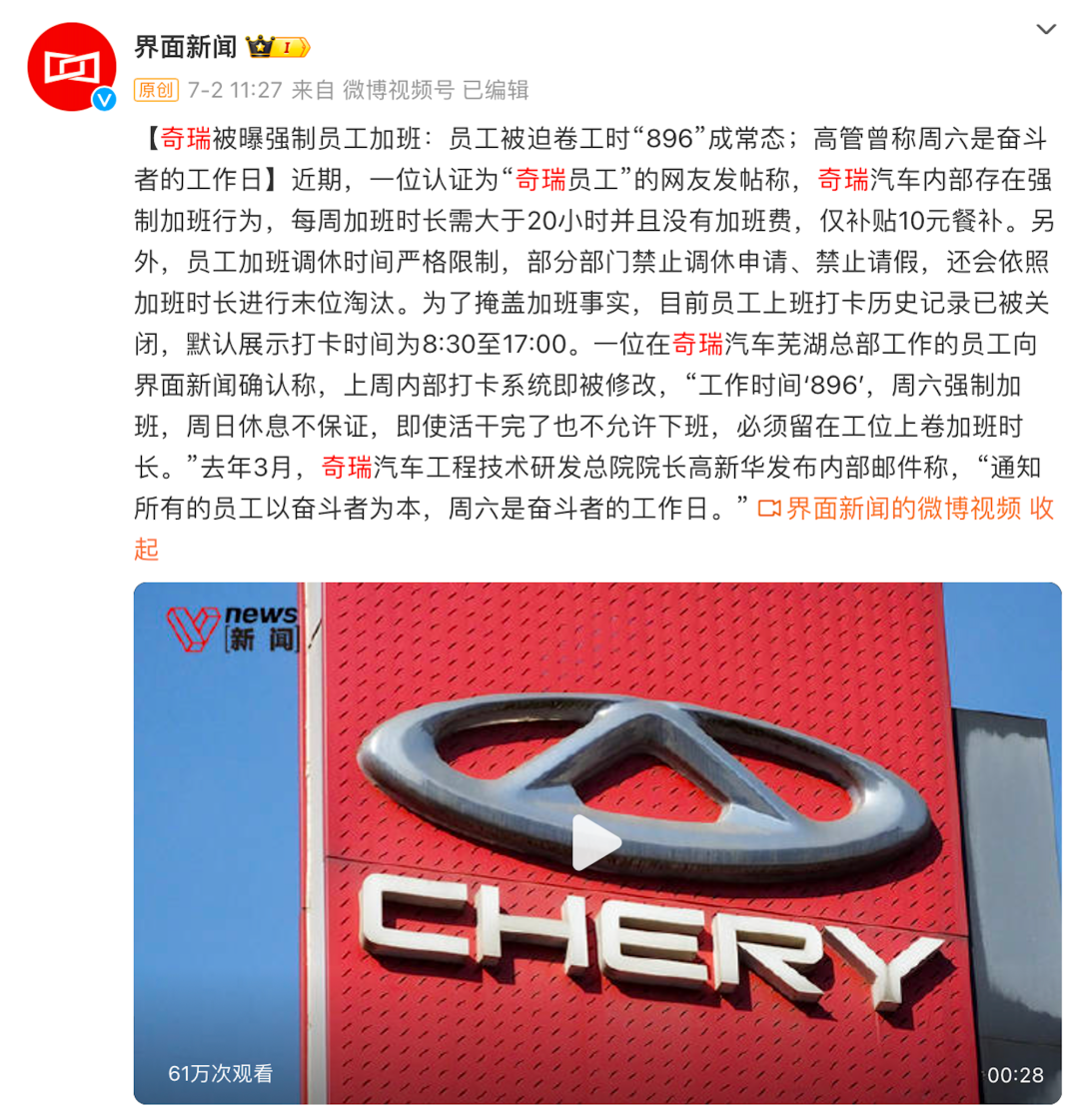
Amid the price wars triggered by new energy vehicles and autonomous car companies, joint venture car companies have successively abandoned the battlefield and cut production and staff, while autonomous car companies have fallen into the obsession of "no need for profits, only sales." The automotive industry seems to have fallen from its glorious era to a dark moment.
The Chinese automotive market is caught in a contradictory situation. On one hand, the sales and market share of new energy vehicles and autonomous car companies continue to increase; on the other hand, joint venture car companies are reducing production, laying off staff, and closing down, leading to a sharp decline in the happiness of the entire automotive industry workforce!
So, as a member of the automotive industry, would you rather work overtime without compensation or be laid off? Neither is an easy choice!
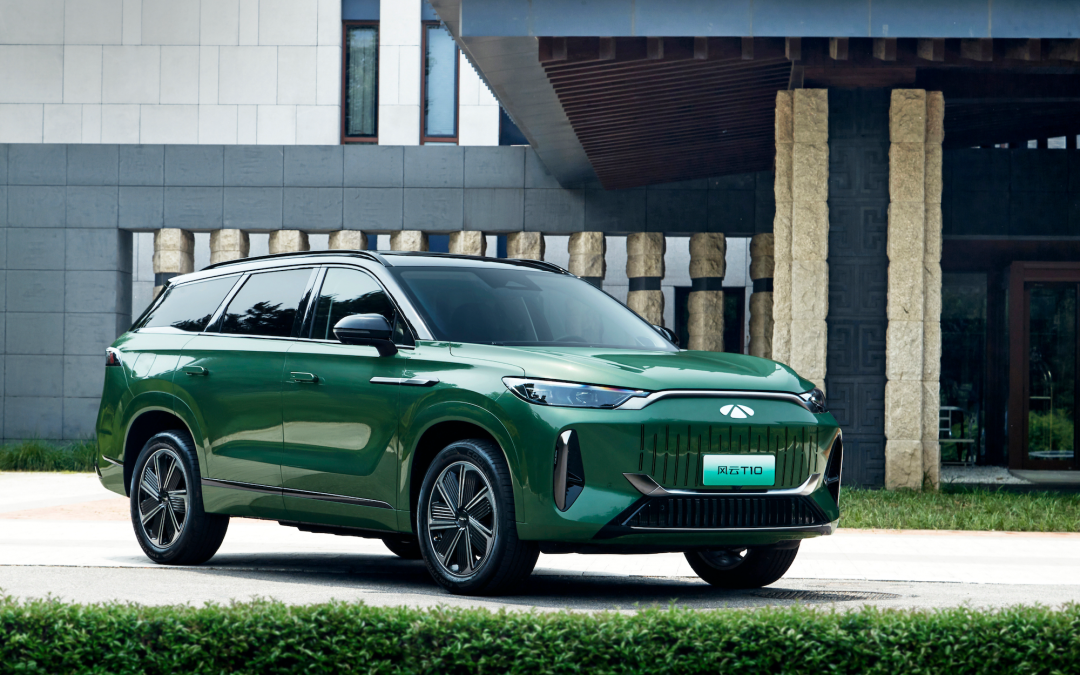
The strong rise of autonomous car companies has changed the global automotive market. For example, for cars of the same price range, autonomous car companies offer fully equipped models, while joint venture car companies still offer乞丐版 configurations. Some even claim that the Chinese automotive market has suffered from joint venture car companies for a long time.
Autonomous car companies continue to launch new models with higher positioning and prices, while joint venture car companies sell their star models at the lowest prices globally. Consumers can buy models with higher configurations or higher levels with the same budget, which is a celebration for everyone!
However, this is not the whole picture! The profitability of autonomous car companies is still at a relatively low level within the industry, which has led to distorted behaviors such as requiring employees to work overtime without compensation, extending supplier payment times, and squeezing supplier profits.
The saying "you get what you pay for" has always been true! Since car prices have no minimum, only lower, someone needs to pay for the lost profits and losses. Employees and suppliers are the first to suffer.
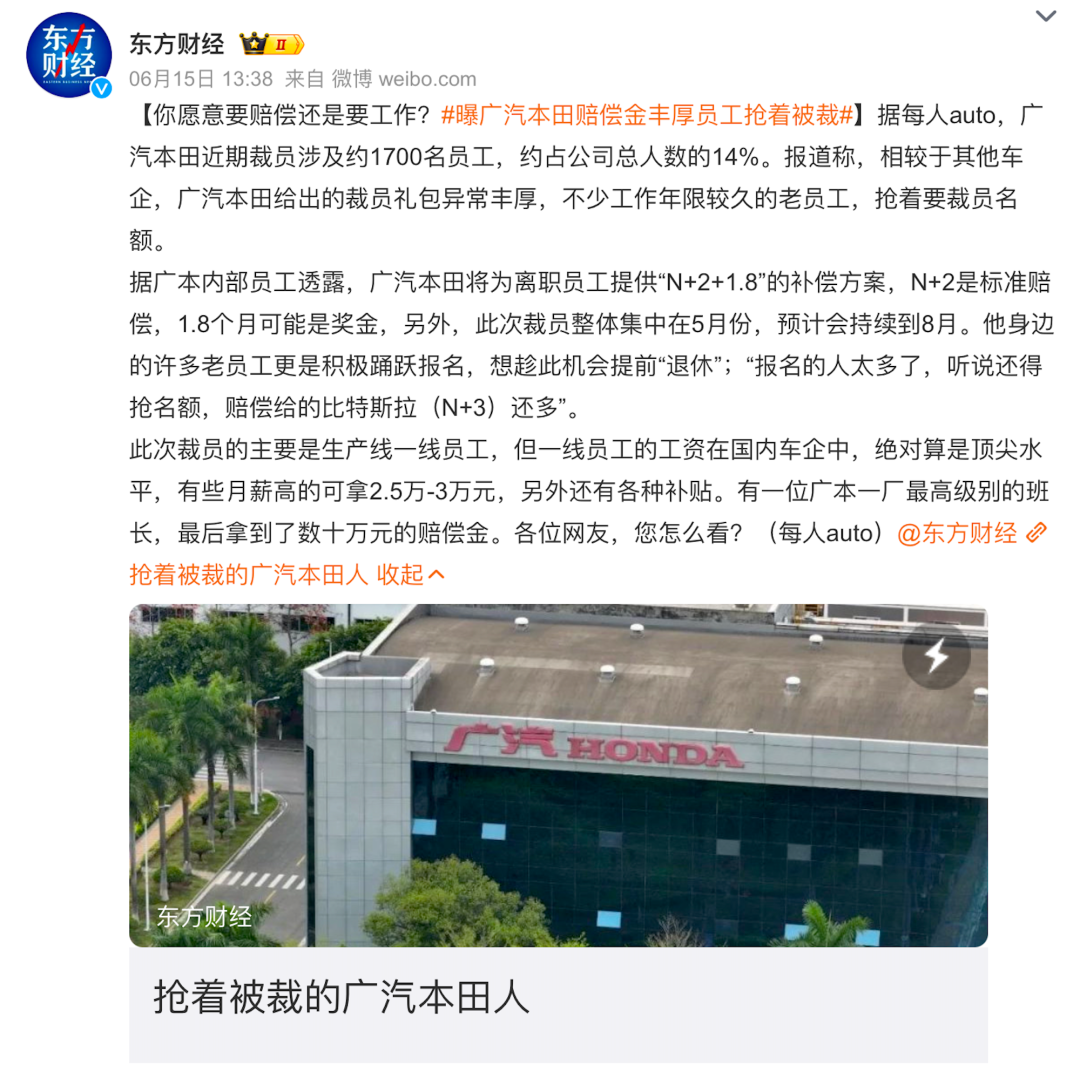
In the automotive industry, which has the largest manufacturing output, longest industrial chain, and the most related industries, car factories are the main source of decent jobs. Even in the current era of fierce competition, only the types of jobs, positions, and functions demanded have changed. Frontline personnel on the production line are the first to be abandoned.
Whether it's the development of automated production lines, the acceleration of automotive updates and upgrades forcing production lines to rely on automation to improve response speed, or the continuous increase in labor costs, the automotive industry has entered a new stage of fewer or even no people. The development opportunities for automotive manufacturing professionals will reach an all-time low.
Changes in automotive design and manufacturing processes, from the replacement of welding production lines with integrated die-casting body processes, the replacement of engines with power batteries, to fully automatic quality inspection equipment, are reshaping the employment environment in the automotive industry.
In the newly built factories in recent years, manufacturing processes such as stamping, welding, and painting have all become infinitely close to unmanned production. Meanwhile, there are few workstations that require personnel to work overtime, becoming a symbol of being eliminated by the times.
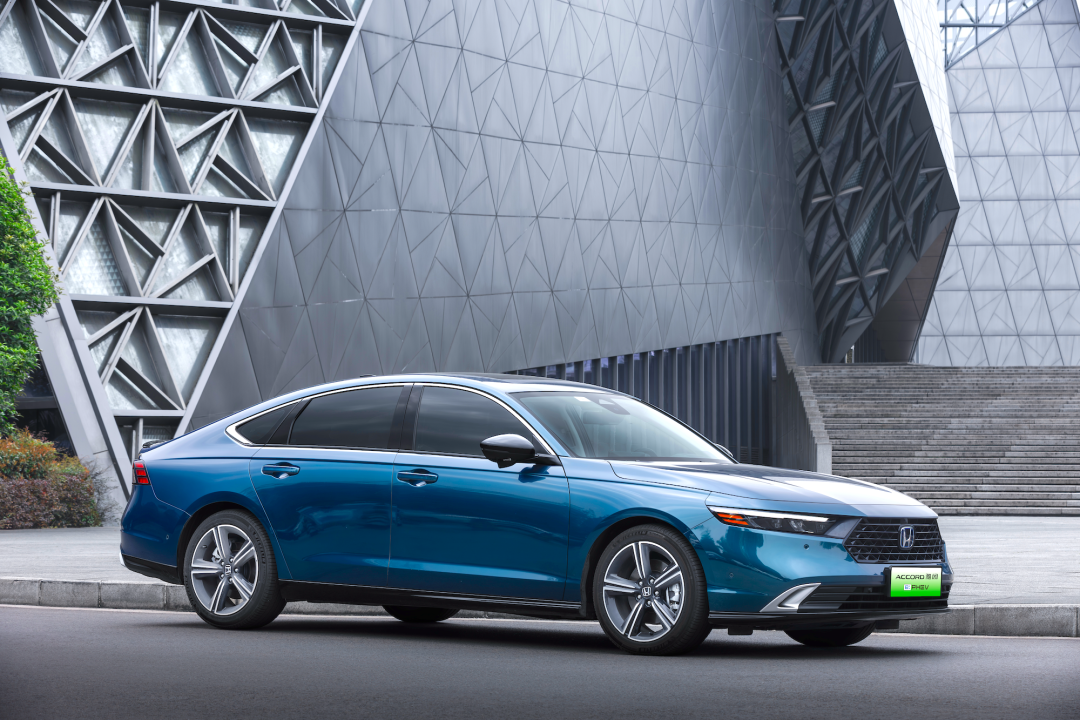
Joint venture car companies have long been the first choice for automotive professionals, not only because of their high reputation but also because of their advantages in work standardization, welfare benefits, and development prospects that autonomous car companies lack.
To put it bluntly, some autonomous car companies only provide a job that can be replaced at any time, while joint venture car companies offer more like a long-term career.
From Guangzhou Automobile Mitsubishi, Guangzhou Automobile Toyota to Guangzhou Automobile Honda, joint venture car companies prefer to use high compensation to settle laid-off employees rather than reduce employee welfare benefits. This is due to the high standards of global compliance operations of multinational automakers.
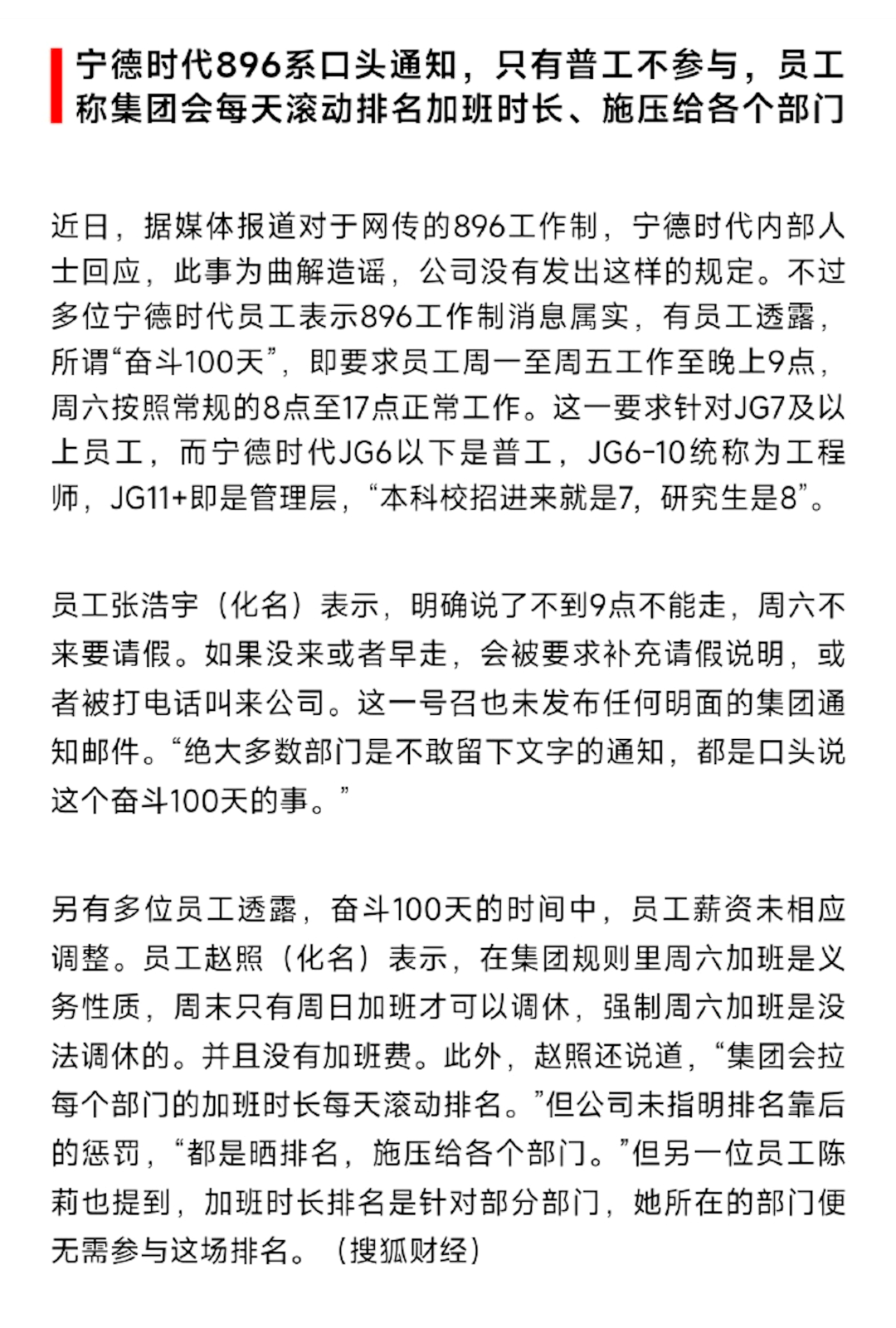
As joint venture car companies wake up from the fierce market competition, large-scale plant construction and expansion of production capacity have become a thing of the past. Instead, they are shutting down existing factories and undergoing comprehensive automation production transformation, which will allow them to survive this dark period.
Joint venture car companies have much stronger profit-making capabilities than autonomous car companies, and the beneficiaries are not only themselves but also the entire industrial chain, from employees to even users, who can benefit greatly from stable high-quality products and high-level services.
If cars are considered consumables that last 2-3 years, the fierce competition in the automotive market may be a normal thing. However, cars are durable goods that last up to 10 years, and only long-term sustainable development can truly prevail in the end.
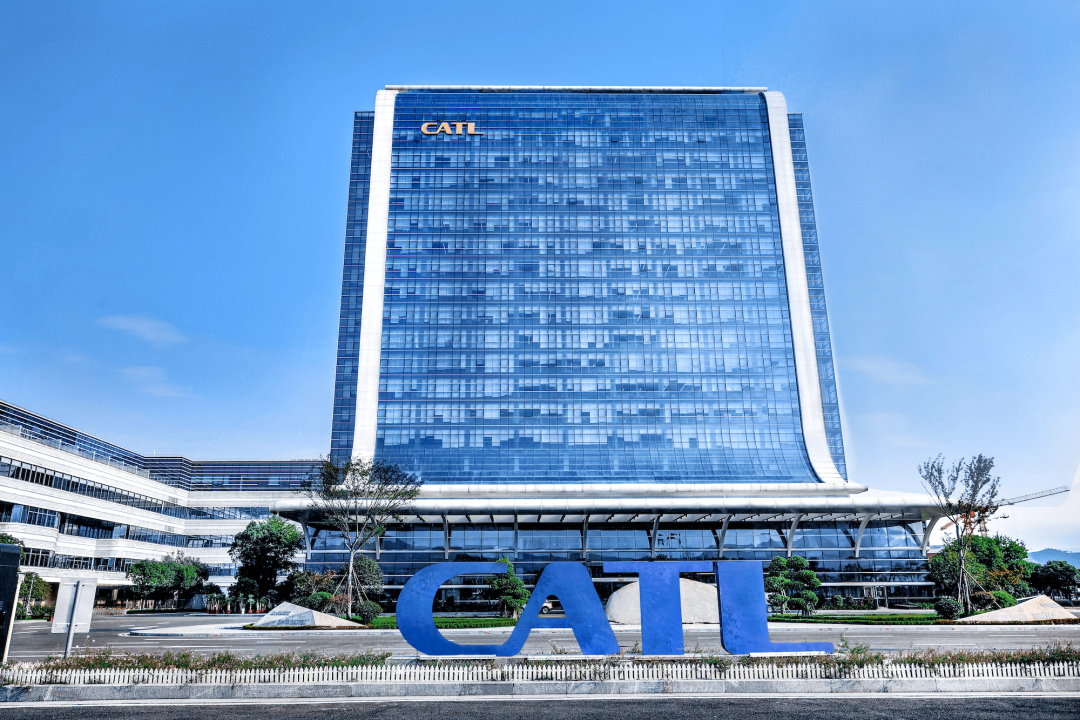
CATL's response to overtime rumors was that it was "not mandatory for all employees," while Chery Automobile has not responded to the relevant incident as of the time of publication. Regardless of the outcome, we believe that overtime is not a big deal, but compensation and benefits should also keep up.
As the once absolute main force in the Chinese automotive market, the market share of joint venture car companies has fallen below 50%. Their severe excess capacity means that the incident of 1,700 employees "voluntarily resigning" from Guangzhou Automobile Honda may only be the beginning, and it is not excluded that some joint venture car companies may even disband.
Amid economic growth fatigue and confusion, the entire automotive industry seems to have forgotten about "happy work." Good jobs in the market are hard to come by, and being able to keep one's current job is already rare, even if it means living like "cattle."
However, when working overtime without compensation becomes the norm, shattering the once secure job, and dealers absconding with funds after car purchases, participants in the entire automotive industry will fall into a panic abyss due to unscrupulous competition.
Whether it's overtime or layoffs, the most important thing for workers is economic income. As long as the money is sufficient, everything is fine. After all, everyone understands that the automotive industry is no longer in its glory days and hopes that this is just the darkest moment on the path to a better future.






